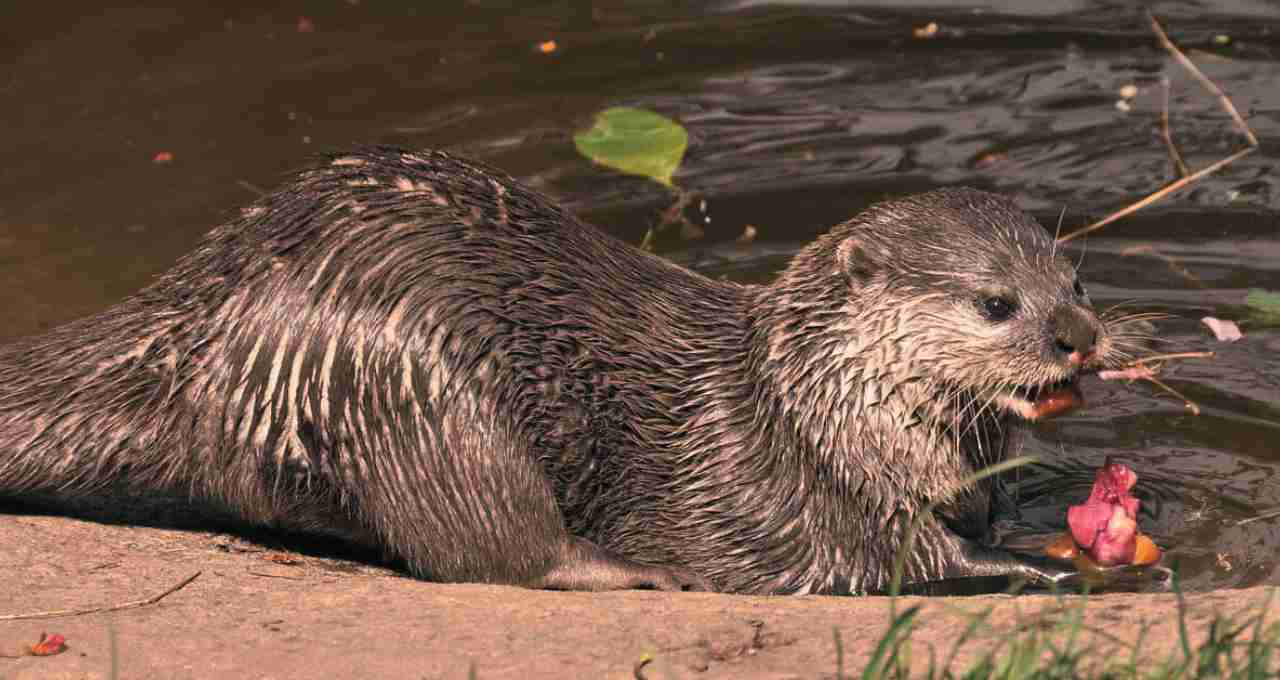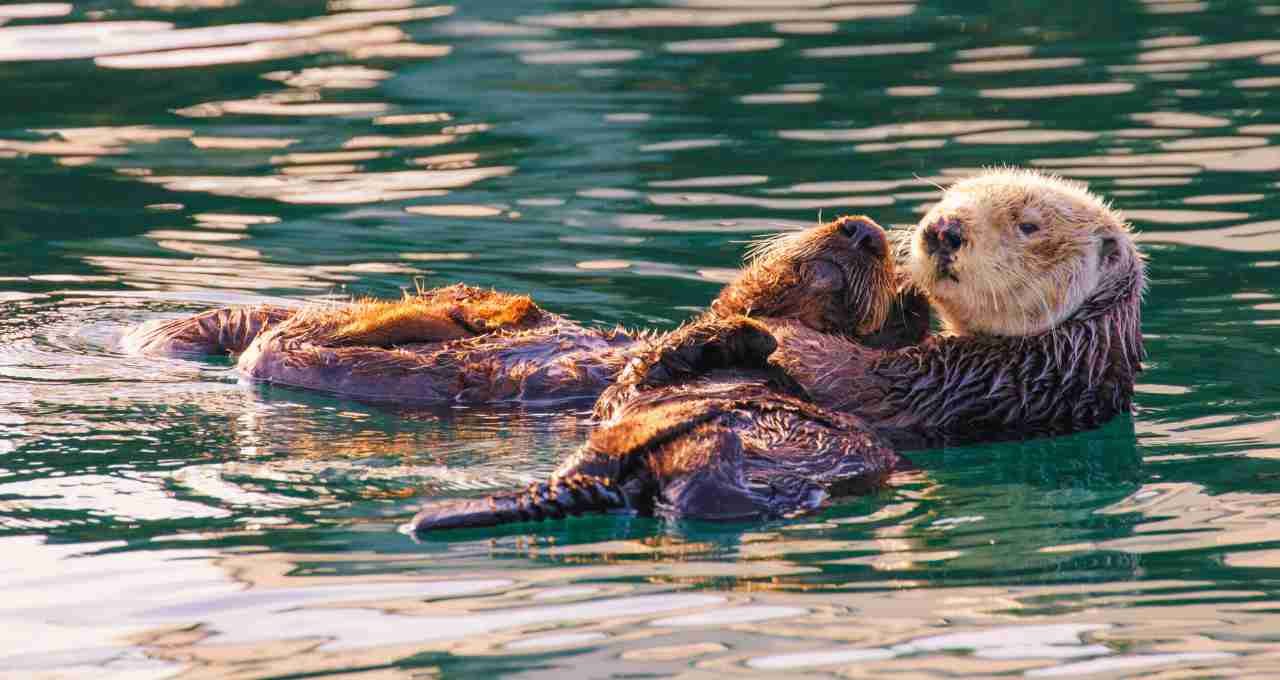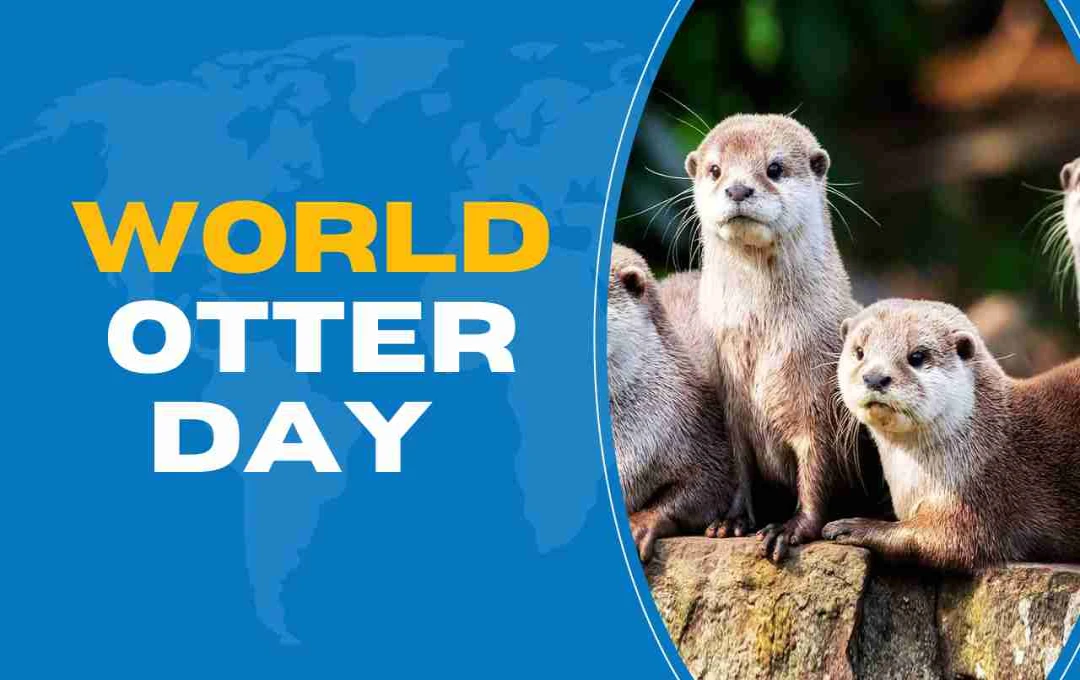World Otter Day is observed annually on May 28th. This day is dedicated to otters, endearing and playful aquatic mammals. The objective is to raise awareness about otter species, their natural habitats, and the threats they face. It also serves as a reminder of the crucial role otters play in our environment.
What are Otters and Why are They Important?
Otters are small to medium-sized carnivorous mammals primarily inhabiting aquatic environments. They are highly playful, intelligent, and social creatures. Globally, including India, there are 13 otter species, many of which are now endangered.
Otters are considered "keystone species," meaning their presence reflects the overall health of the ecosystem. A healthy otter population indicates a balanced and safe environment. Therefore, their protection is intrinsically linked to the health of our entire aquatic ecosystem.
History of World Otter Day
World Otter Day originated in 2009 from a week-long awareness campaign called "Otterly Mad Week." The aim was to educate people about otter life, behavior, and their contribution to the environment.

In 2014, the campaign expanded internationally, becoming International Otter Awareness Day. This day highlighted the 13 otter species and the threats they face, including hunting, water pollution, and habitat loss.
Finally, in 2016, the awareness campaign was further expanded and renamed World Otter Day. It was initiated by the International Otter Survival Fund (IOSF), which continues to play a leading role in otter conservation.
Why is World Otter Day Celebrated?
World Otter Day is celebrated annually to raise awareness about the conservation of these special aquatic animals. These innocent creatures face numerous challenges, including hunting, water pollution, and habitat destruction. The day aims to increase understanding of otters' importance and encourage action to protect their habitats.
Otters are vital for the health of rivers and lakes. They maintain balance in aquatic life and strengthen biodiversity. Their absence would significantly impact the entire environment. World Otter Day reminds us that protecting these small but essential creatures is crucial not only for their survival but also for the well-being of our planet.
How to Celebrate World Otter Day?
Learn about Otters and Share Information: Gather information about otters—their diet, habitat, species, and threats. Share this knowledge with children and family. Education is the first step towards conservation.
Support Otter Conservation Organizations: Many organizations, such as the IOSF, work towards otter conservation. Donate or participate in virtual events through their websites. Every contribution makes a difference.

Visit Local Wetlands or Zoos: If there are wetlands, national parks, or zoos with otters nearby, visit them and observe these animals. Remember to maintain a safe distance and avoid disturbing them.
Spread Awareness on Social Media: Share information, photos, or videos related to otters on social media. Use hashtags like #WorldOtterDay or #OtterConservation to broaden your reach.
Get Creative: Create drawings, write poems, or make short videos about otters. This can be a fun and educational experience for both children and adults.
Participate in Local Events: Many cities and organizations organize workshops, clean-up drives, or awareness rallies on this day. Participate and encourage others to join.
Adopt an Otter: Organizations like the IOSF run "Adopt an Otter" programs, where you can symbolically adopt an otter. In return, you receive information, photos, and updates about your adopted otter.
Why is Saving Otters Important?
Saving otters is crucial because they are an essential part of our aquatic ecosystem. Otters help maintain a balance in fish populations in rivers and lakes. Extreme increases or decreases in fish numbers impact the entire aquatic system, and otters help to prevent this imbalance, thus protecting other aquatic species and plants.
Furthermore, the presence of otters indicates the cleanliness and safety of the water in a particular area. The absence of otters in a river or lake can signal water pollution, hunting, or environmental changes. Failing to protect otters jeopardizes not only a single animal but the entire aquatic ecosystem. Therefore, protecting otters is essential for our environment and future.
Otters are small but incredibly important guardians of our aquatic ecosystems. Their protection is essential not only for environmental balance but also for future generations. World Otter Day reminds us that by saving these innocent aquatic animals, we can protect all of nature.












